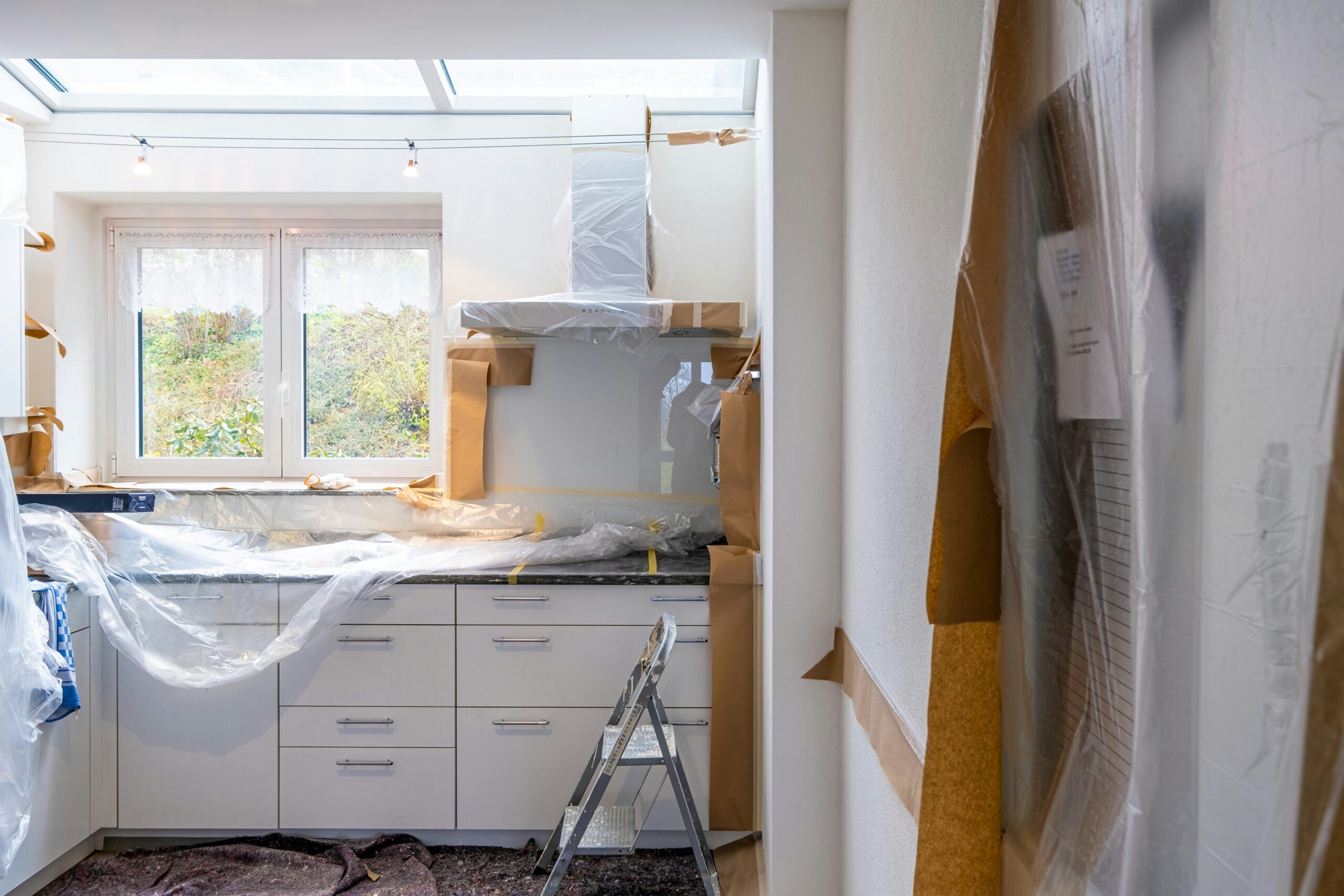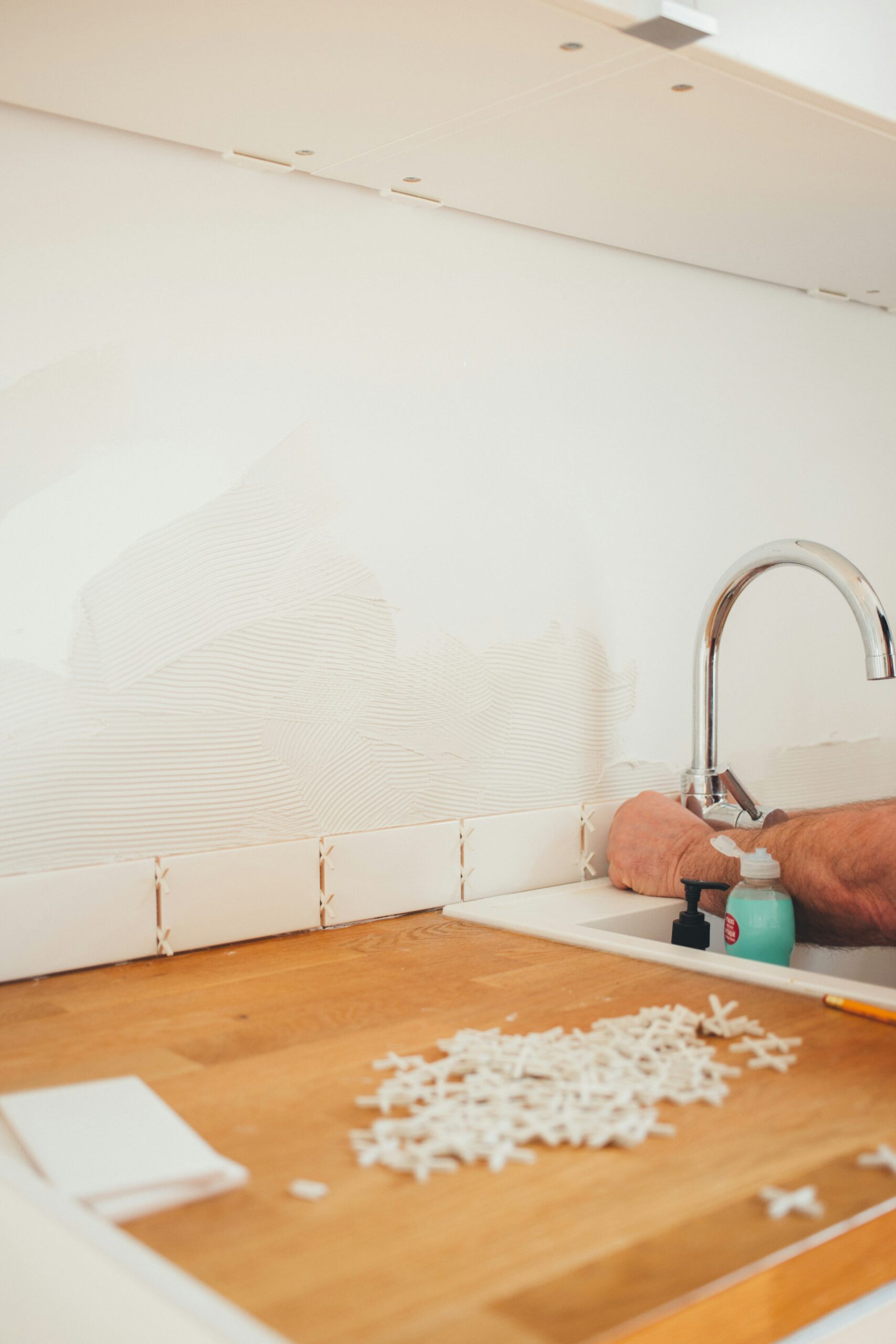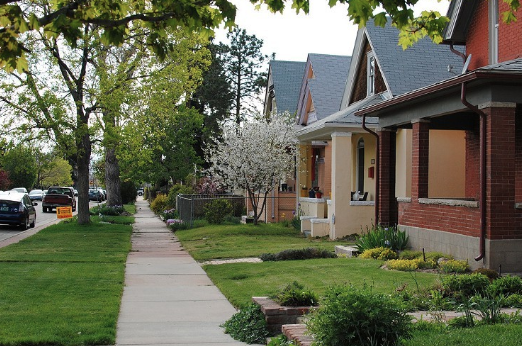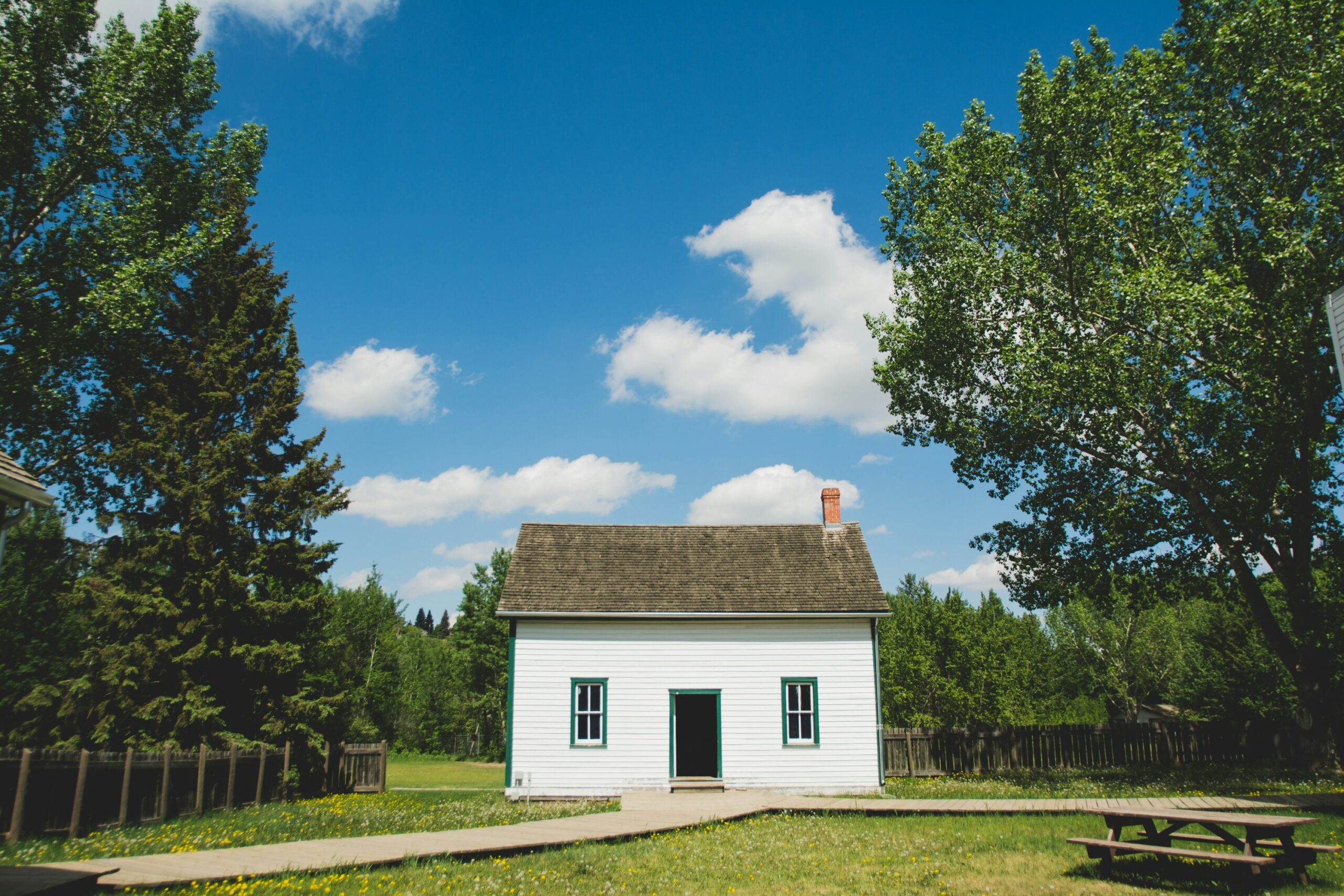Live First, Demo Later: What My Renovation Taught Me
June 24, 2025
Live First, Demo Later: What My Renovation Taught Me
June 24, 2025
We’ve all been there—keys barely in hand, and we’re already mentally gutting half the house.
I get it. When you buy a home, especially one that needs work, the urge to dive straight into renovations can feel overwhelming. Every outdated fixture screams for attention, every awkward layout begs to be fixed, and Pinterest becomes your new best friend. But what if I told you that the best renovation decision you could make is… to wait?
A recent New York Times article caught my attention because it perfectly captured something I’ve learned through my own experience as both a homeowner and someone who helps Denver families navigate buying, selling, and renovating. The piece, “Why You Should Wait to Renovate,” makes a compelling case for patience—and as someone who’s seen both the rushed mistakes and the thoughtful transformations, I couldn’t agree more.
Here’s why slowing down might be the smartest move you make for your home (and your wallet).
When my family bought our house, we did what many homeowners do: tackled the bathrooms first. They had to be functional before move-in, so we went with simple, classic finishes—choices that, five years later, still feel solid. But the rest of the house? It just didn’t work for us. The layout wasn’t right for our lifestyle, and while we had ideas early on, we didn’t jump into a major renovation right away. I’m so glad we waited.
After living in the house for about three years, we had a much clearer sense of how we used the space, what felt cramped, and what was missing. That’s when we brought in an architect and reimagined things in a way that made our lives better. We now have a primary suite that truly fits our needs, a mudroom that keeps chaos at bay, and a big, open kitchen and dining area perfect for hosting the people we love. Every inch of that addition is intentional—and I don’t think we’d have made the same choices if we had rushed the process.
That’s why I loved the recent New York Times article “Why You Should Wait to Renovate.” It drives home the point that you learn the most about your house by living in it. What seems like a great idea right after closing might turn out to be unnecessary, or worse, the wrong move altogether. A house isn’t just about looks—it’s about function, flow, and how it supports the way you live.
Designers quoted in the article compared rushing into renovation to trying to beat a piñata blindfolded. You’re swinging wildly, hoping to hit something that feels right. But when homeowners slow down, the decisions they make are more grounded and more impactful. That definitely rang true for me.
I also appreciated the emphasis on smaller, meaningful changes early on—like lighting, art, and rugs—to help a space feel yours without committing to big costs too soon. Not every update has to be dramatic. Sometimes swapping out a dated light fixture or painting the trim makes a bigger emotional difference than a full-blown demo.
In today’s housing market, where fixer-uppers are finally priced more realistically, a phased renovation plan can make a lot of sense. It’s not about settling—it’s about investing wisely, with time and thought behind every choice.
So if you’re in a new home and feeling that itch to renovate, here’s my two cents: live in it first. Give yourself the time to fall in love with what works—and get crystal clear about what doesn’t. Because when you do renovate, you’ll be creating a space that fits your life, not just your Pinterest board.
Kitchen renovations consistently rank as one of the most popular and valuable home improvement projects, and for good reason. A well-executed kitchen remodel can transform your daily living experience while [...]
Fixer-uppers can be fantastic opportunities to build equity and create your dream home at a lower entry price. As both a General Contractor and Realtor in Denver, I've helped countless [...]
Timing can make a significant difference in how quickly your Denver home sells and the price you receive. As both a Realtor and General Contractor who's helped countless homeowners navigate [...]
We’ve all been there—keys barely in hand, and we’re already mentally gutting half the house.
I get it. When you buy a home, especially one that needs work, the urge to dive straight into renovations can feel overwhelming. Every outdated fixture screams for attention, every awkward layout begs to be fixed, and Pinterest becomes your new best friend. But what if I told you that the best renovation decision you could make is… to wait?
A recent New York Times article caught my attention because it perfectly captured something I’ve learned through my own experience as both a homeowner and someone who helps Denver families navigate buying, selling, and renovating. The piece, “Why You Should Wait to Renovate,” makes a compelling case for patience—and as someone who’s seen both the rushed mistakes and the thoughtful transformations, I couldn’t agree more.
Here’s why slowing down might be the smartest move you make for your home (and your wallet).
When my family bought our house, we did what many homeowners do: tackled the bathrooms first. They had to be functional before move-in, so we went with simple, classic finishes—choices that, five years later, still feel solid. But the rest of the house? It just didn’t work for us. The layout wasn’t right for our lifestyle, and while we had ideas early on, we didn’t jump into a major renovation right away. I’m so glad we waited.
After living in the house for about three years, we had a much clearer sense of how we used the space, what felt cramped, and what was missing. That’s when we brought in an architect and reimagined things in a way that made our lives better. We now have a primary suite that truly fits our needs, a mudroom that keeps chaos at bay, and a big, open kitchen and dining area perfect for hosting the people we love. Every inch of that addition is intentional—and I don’t think we’d have made the same choices if we had rushed the process.
That’s why I loved the recent New York Times article “Why You Should Wait to Renovate.” It drives home the point that you learn the most about your house by living in it. What seems like a great idea right after closing might turn out to be unnecessary, or worse, the wrong move altogether. A house isn’t just about looks—it’s about function, flow, and how it supports the way you live.
Designers quoted in the article compared rushing into renovation to trying to beat a piñata blindfolded. You’re swinging wildly, hoping to hit something that feels right. But when homeowners slow down, the decisions they make are more grounded and more impactful. That definitely rang true for me.
I also appreciated the emphasis on smaller, meaningful changes early on—like lighting, art, and rugs—to help a space feel yours without committing to big costs too soon. Not every update has to be dramatic. Sometimes swapping out a dated light fixture or painting the trim makes a bigger emotional difference than a full-blown demo.
In today’s housing market, where fixer-uppers are finally priced more realistically, a phased renovation plan can make a lot of sense. It’s not about settling—it’s about investing wisely, with time and thought behind every choice.
So if you’re in a new home and feeling that itch to renovate, here’s my two cents: live in it first. Give yourself the time to fall in love with what works—and get crystal clear about what doesn’t. Because when you do renovate, you’ll be creating a space that fits your life, not just your Pinterest board.
Buying your first home in Denver is an exciting milestone, but it can also be overwhelming in our competitive market. As both a Realtor and General Contractor who's helped countless [...]
Kitchen renovations consistently rank as one of the most popular and valuable home improvement projects, and for good reason. A well-executed kitchen remodel can transform your daily living experience while [...]
Fixer-uppers can be fantastic opportunities to build equity and create your dream home at a lower entry price. As both a General Contractor and Realtor in Denver, I've helped countless [...]






